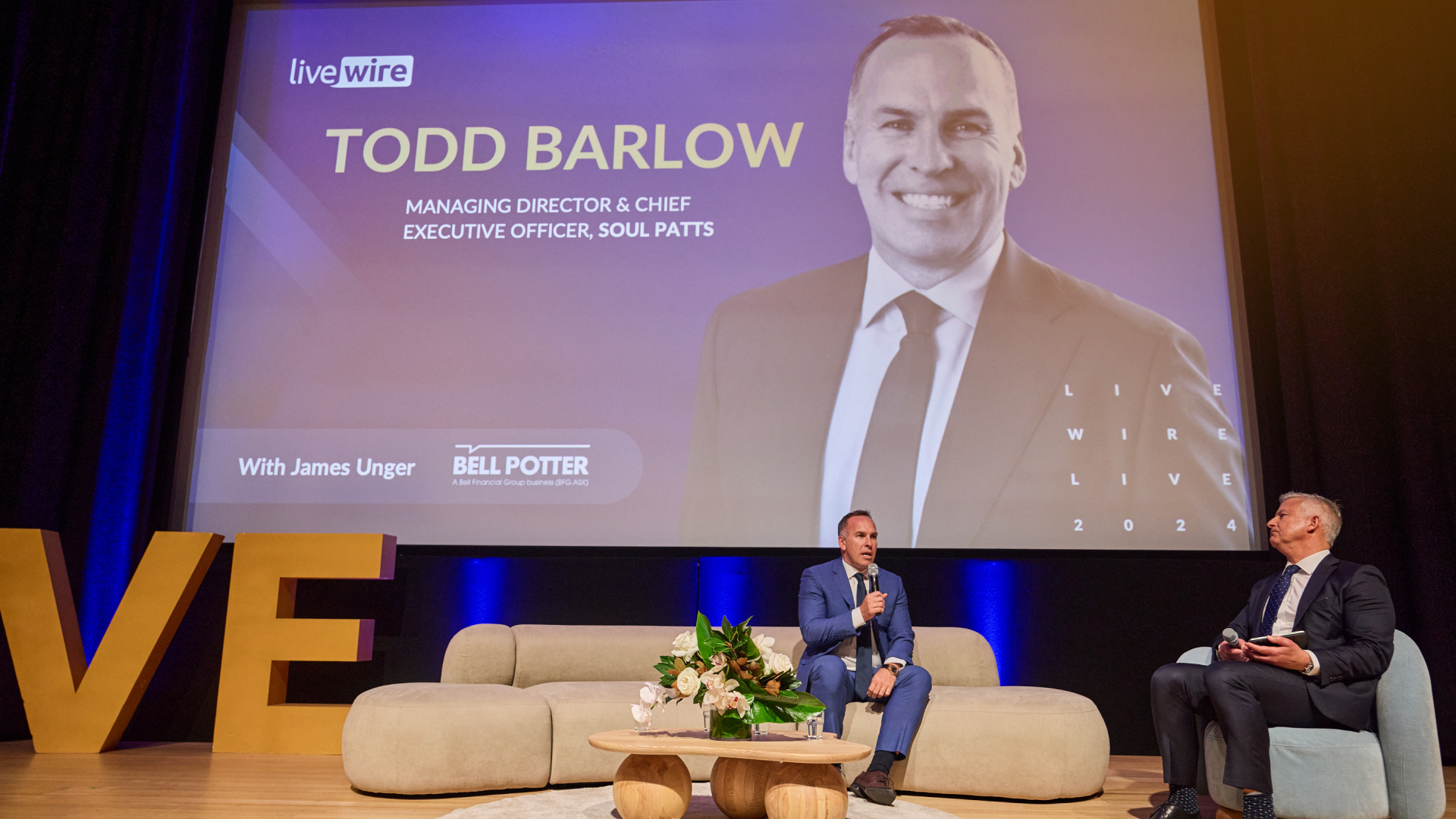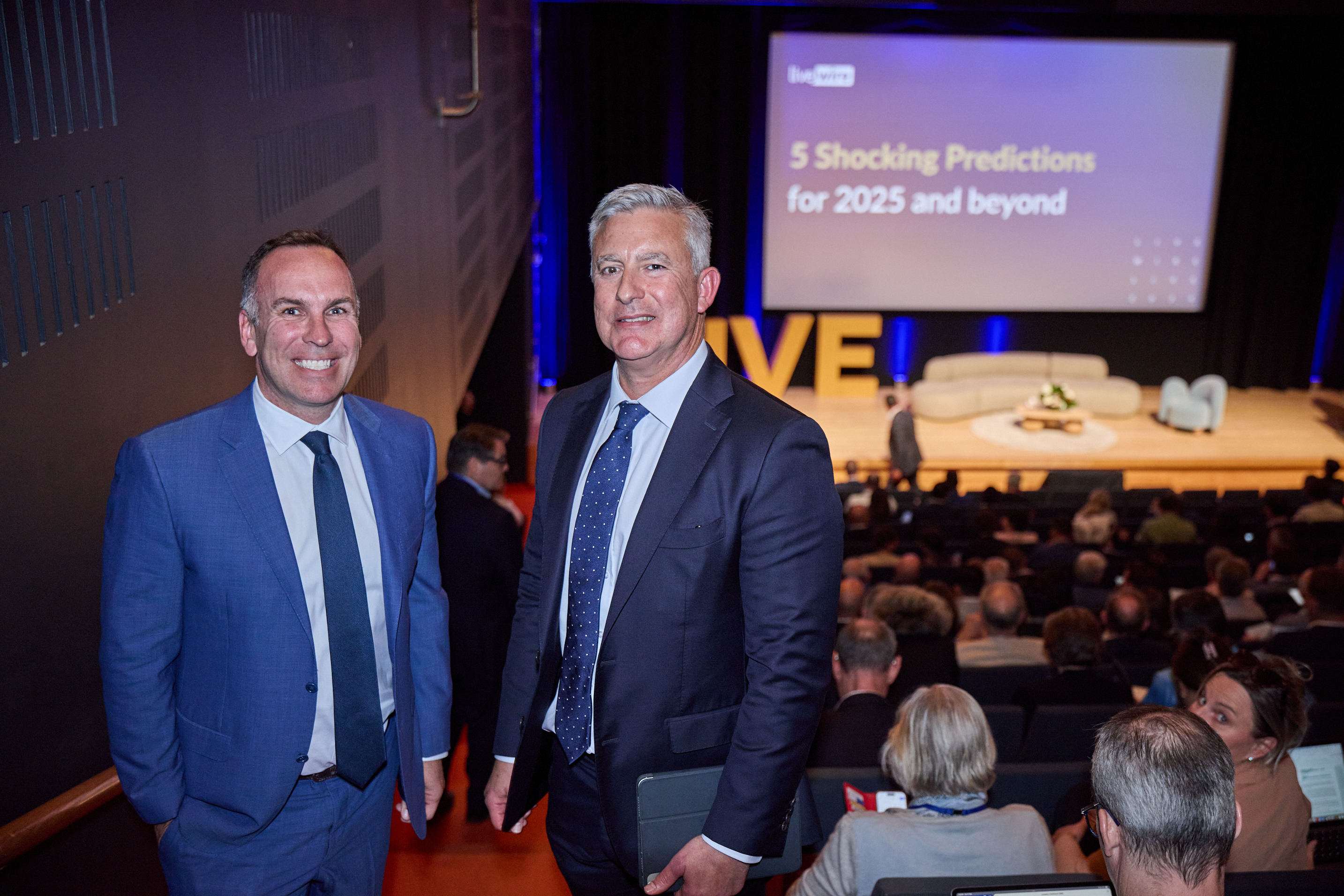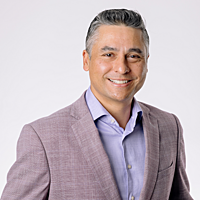Soul Patts: The strategy behind the ASX’s next Dividend Aristocrat
Todd Barlow is the CEO of Washington H Soul Pattinson & Company (ASX: SOL) or as it’s more commonly known to Aussie investors for generations, “Soul Patts”. Soul Patts has evolved into a diversified investment house investing across a range of industries and asset classes, including listed equities, private equity, credit, and property.
But rather than being a passive investor like you and almost invariably everyone is, Soul Patts is also often a business operator. It takes stakes in companies that translate into anything from influence to substantial control. If this reminds you of Warren Buffett’s Berkshire Hathaway, it should.
Like Berkshire Hathaway, Soul Patts takes a long-term approach to investing with an objective to deliver superior returns by creating capital growth and regular dividends. On the topic of its own dividend, the company has never missed a dividend payment since listing in 1903, delivering increasing dividends every year since 2000.
At our Livewire Live event held yesterday in Sydney, Bell Potter’s James Unger asked Mr Barlow a series of questions about the journey Soul Patts is on now, where it’s seeing opportunities, and what makes the company a unique investing proposition for Aussie investors.

Any of the key changes that you've been making through the course of this year, and where do you see the opportunities as we head into 2025?
So, if I think about this last year that's just gone, we did about $4.7 billion of transaction activity across the portfolio – that's total acquisitions and disposals. On a net basis we deployed about $1 billion and of that $1 billion, about $500 million went into credit. So, we feel very good about the opportunities in credit right now and it's giving us downside protection, but a greater end-market return. It just seems like a good way to invest, to preserve capital and protect your downside, and to get something better than we could be experiencing in the equities market.
We've also been continuing to add bolt-ons into our private equity portfolio. We spent about $150 odd million last year adding to our positions there.
We put $200 million into uranium assets last year. That's a thematic that we feel very strongly about, and actually, just the energy thematic generally. We feel very positive about the long-term demand for energy from all sources. Whether that's electrification of everything, EVs, artificial intelligence and data centres. I think that the world is going to need a lot more energy than we can currently forecast simply to cater for urbanisation, growing populations, and just plain wealthier nations. So, we're very positive on energy.
Do you see the opportunity to go offshore?
There's no doubt that our strength is in Australia. This is where our networks are, this is where our deals come from, and it would be naive of us to think that we could go and compete on the same basis in Europe or North America. But then when I look at the portfolio, there’s actually a strong international flavour to it. Take Brickworks (ASX: BKW) for example, it has a North American business in bricks, and New Hope Corporation (ASX:NHC) is an export-oriented company.
We also have businesses that are wholly based outside of Australia, like 2S, a Singaporean mobile business or Apex, a healthcare business that's listed in Malaysia. So, there's always been a very strong bias towards companies that are competitive on a global scale. We want to find private equity businesses that can compete globally, and we want all of our businesses to grow into businesses that are bigger than they could be if they were only domestic.

Tell us about some of your investments in interesting Australian companies.
Australia is very globally advantaged in agriculture, so we've got quite a decent agricultural portfolio. We've also got very strong financial services in the growing superannuation pool, and the need for good quality wealth advice, so we have a business called Ironbark Asset Management. We’re also keen on businesses servicing health and ageing, and we've been looking at several assets in that sector for some time.
What is the overriding investing strategy behind Soul Patts?
We've looked at family offices from around the world, basically people who have sold their business or inherited some money or whatever the case may be and they’re looking to invest that capital for the long term and protect it as well. They all tend to invest in a very similar way, which is they will be diversified across asset classes, they'll be concentrated in the things that they know and like and have high conviction on, they will be looking to extract a fairly steady dividend or income stream from the assets, and they'll be looking to preserve capital.
So, we thought, well, everybody who has that opportunity to invest a lump sum of money tends to adopt a very similar style, and yet there is no one company that can do that. We have listed investment companies (LICs) in Australia, but they tend to be singularly focused on certain asset classes, whereas we're trying to provide the same kind of opportunity to every Australian investor.
We've got 60,000 shareholders, but you can invest through us in the same way that any family office would invest, and you get the benefit that we get from scale. We’re presented with the best investing ideas and the best opportunities. We can invest in anything and go anywhere. We can employ a great team of people. As much sense as this sort of model makes, it’s a surprise to me that we are unique.
5 topics
1 stock mentioned


